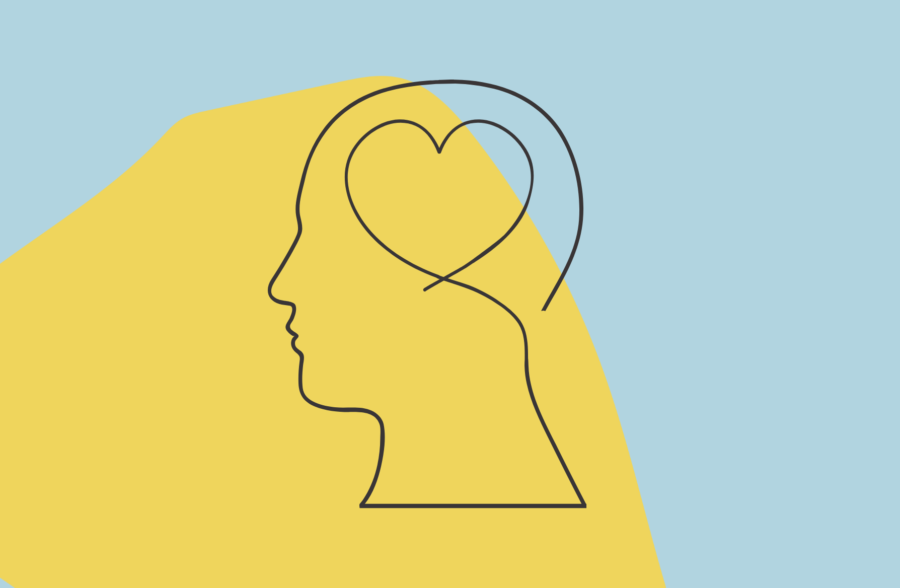Fit minds, flourishing lives

When you are sick or injured what action do you take?
If you wanted to get physically fit, how would you go about it?
Most people recognise that how we approach physical fitness is different to our approach to illness or injury. If we are ill or injured we typically seek a diagnosis and then follow treatment advice – which is likely to be some combination of rest, medication, surgery and lifestyle changes. To build fitness we are less likely to visit the doctor and more likely to talk to a fitness coach who will have us run, lift weights, swim or take Zumba classes. The exact amount or type of exercise will depend on our fitness goal – to be fit enough to keep up with your kids, or to compete at the Olympics.
Like physical health, mental illness and mental wellbeing also have two related but different pathways. Think of wellbeing, or life satisfaction, as a form of fitness for the mind. In the same way we build our physical fitness through being physically active, we can also build our mental fitness through intentional activity. As the 19th century novelist and politician Benjamin Disraeli said:
Benjamin DisraeliAction may not bring happiness but there is no happiness without action.
Wellbeing research points toward three key drivers of wellbeing – our biological inheritance or genetics, our external circumstances (e.g., safety, housing, income, environment, other people) and personal internal resources. The driver that we have greatest personal influence over are these internal resources – our energy, attention, thoughts, feelings and behaviours. Good management of these resources is what essentially equates to building a fit mind.
AnonymousYou're gonna flourish," said Life. "But first I'll make you strong.
So what does a fit mind look like? If a fit body is about building the right balance of power, strength, flexibility and endurance; a fit mind is perhaps best described as the combination of clarity, strength and flexibility.
Clarity is the capacity to notice your own internal experience – sensations, thoughts, emotions – and understand how they relate to the external world and influence your behaviour.
Strength is the capacity to manage your mental energy and attentional focus. Learning what activities restore your energy (e.g. eat, rest and play) and then how to use that energy and attention to focus on valued life goals (e.g. learning, striving, relating).
Flexibility is the capacity to take wise action. To approach any situation with a curious, open and accepting mindset and make decisions that step you closer to a flourishing life.
Having a healthy and fit mind allows you to harness your personal resources, navigate your physical, social and cultural world and have the mental flexibility to adapt to life challenges and opportunities. A fit mind is the very basis of a flourishing life.
Some of us take a lifetime to learn these skills, attending the gym of life, others are luckier and have their learning fast tracked via wise elders, teachers or psychologists. To flourish individually and collectively starts with knowing, loving and growing our minds. Take Andy for example, a case study we’re highlighting to show how he personally built up his mental fitness.





